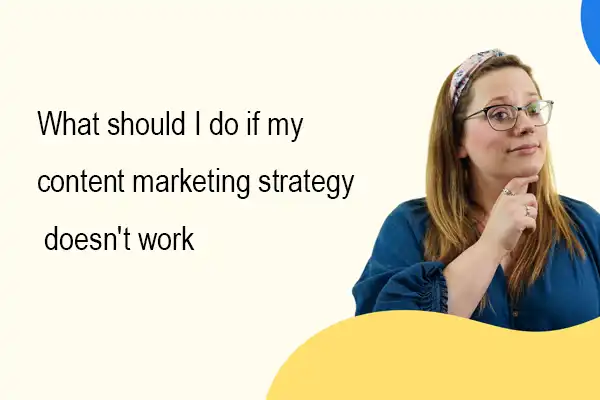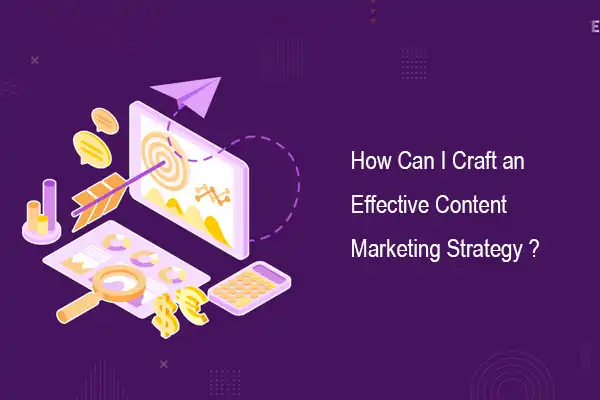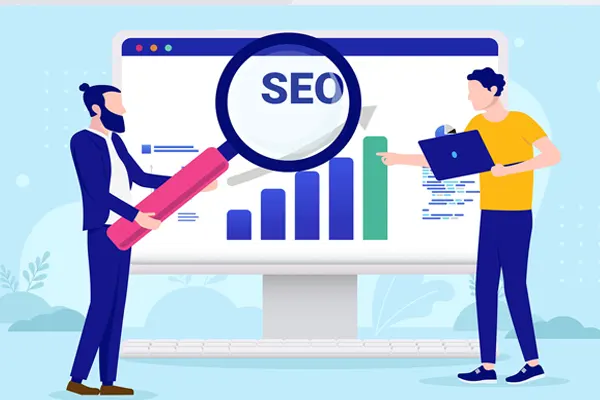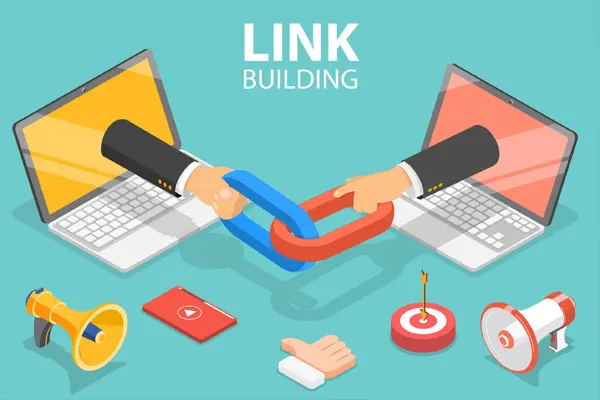Content Marketing: Strategies to Attract, Engage and Convert
What is content marketing?
Content marketing is a strategic approach designed to create, distribute, and promote high-quality, relevant content to attract and engage a target audience, including users in dynamic markets like Malaysia and Singapore. Unlike traditional advertising, which focuses on direct product or service promotion, content marketing prioritizes delivering valuable, user-centric information through diverse formats such as articles, blog posts, videos, infographics, podcasts, or social media content. By incorporating targeted keywords and aligning with user search intent, it enhances visibility in search engine results, driving organic traffic and increasing brand discoverability.
Distinct from technical SEO, which concentrates on optimizing website structure, load times, and backend performance, content marketing focuses on crafting compelling narratives that resonate with audience needs, preferences, and cultural contexts. It builds trust by providing solutions to pain points, answering questions, or offering insights that establish a brand as a credible authority. For instance, in competitive markets, content tailored to local interests can deepen audience connection without relying on overt sales tactics.
The ultimate goal of content marketing is to foster long-term relationships with users, boost engagement through meaningful interactions, and guide visitors through the customer journey—from awareness to consideration and, ultimately, conversion into leads or customers. By consistently delivering value, content marketing not only enhances brand loyalty but also supports business growth by creating a sustainable pipeline of engaged prospects in diverse markets.
Why Invest in Content Marketing?
What Content Marketing Can Bring You?
- Enhanced Brand Visibility: By producing localized, SEO-optimized content, such as blogs, videos, or social media posts, your brand gains prominence in search results, reaching audiences actively searching for relevant products or services.
- Increased Audience Engagement: High-quality content that resonates with local preferences—whether addressing consumer trends in Malaysia or Singapore’s fast-paced digital landscape—builds trust and encourages meaningful interactions.
- Higher Conversion Rates: Targeted content, infused with transactional keywords, guides potential customers through the sales funnel, from awareness to purchase, increasing the likelihood of conversions.
- Establishing Authority: Consistently delivering valuable, informative content positions your brand as a trusted industry leader, fostering credibility among discerning audiences in these markets.
Why Choose MYSEO DIGITAL As you Content Marketing Servicer?
- Unparalleled expertise in content marketing
- Customized Content Marketing Strategy
- Transparent content marketing communication
- Economically efficient content marketing solutions
- Verified content marketing effectiveness

Unparalleled expertise in content marketing
Our team excels in crafting high-quality, engaging content that resonates with your target audience and drives measurable results. We stay ahead of content trends, ensuring your brand message stands out in the highly competitive digital landscape of markets like Malaysia and Singapore.
Customized Content Marketing Strategy
We deliver tailored content strategies aligned with your business objectives. Whether through blog posts, infographics, or videos, we create compelling content that enhances your brand’s visibility and credibility in competitive markets like Malaysia and Singapore.
Transparent content marketing communication
At MYSEO DIGITAL, transparency in content marketing performance is paramount. We provide comprehensive reports detailing engagement metrics, traffic growth, and lead generation, coupled with 24/7 support to address all your queries, ensuring clarity and confidence for businesses in markets like Malaysia and Singapore.
Economically efficient content marketing solutions
Our content marketing services are designed to deliver impactful results at an affordable cost. We focus on creating engaging, conversion-driven content that maximizes your investment, driving business growth in markets like Malaysia and Singapore.
Verified content marketing effectiveness
Our content marketing efforts consistently deliver increased engagement, higher traffic, and superior leads for our clients, establishing them as authoritative voices in their industries across markets like Malaysia and Singapore.
Contact us for the best content marketing solutions in Malaysia
Looking for an excellent content marketing service provider in Malaysia?


























